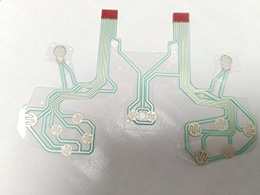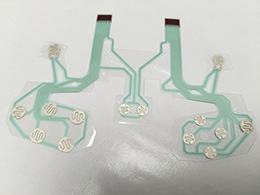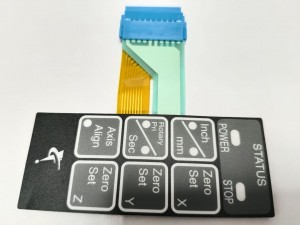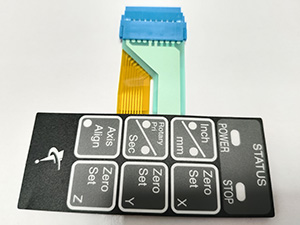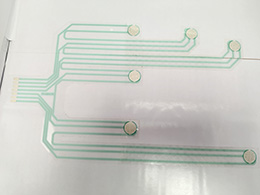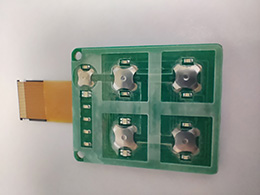Silver printing polyester flexible circuit
Application
A silver chloride printing membrane circuit is a type of electronic circuit that is printed on a porous membrane made of silver chloride. These circuits are typically used in bioelectronic devices, such as biosensors, that require direct contact with biological fluids. The porous nature of the membrane allows for easy diffusion of the fluid through the membrane, which in turn allows for faster and more accurate detection and sensing. The circuit is printed onto the membrane using a specialized printer that uses conductive inks containing particles of silver chloride. The ink is deposited onto the membrane in the desired pattern using a computer-controlled printing head. Once the circuit is printed, it is typically encapsulated in a protective coating to prevent degradation and corrosion of the silver chloride. Silver chloride printing membrane circuits have several advantages over traditional circuits, including their flexibility, low cost, and ability to operate in the presence of fluids. They are often used in medical and environmental monitoring applications, as well as in wearable technology and smart textiles.





